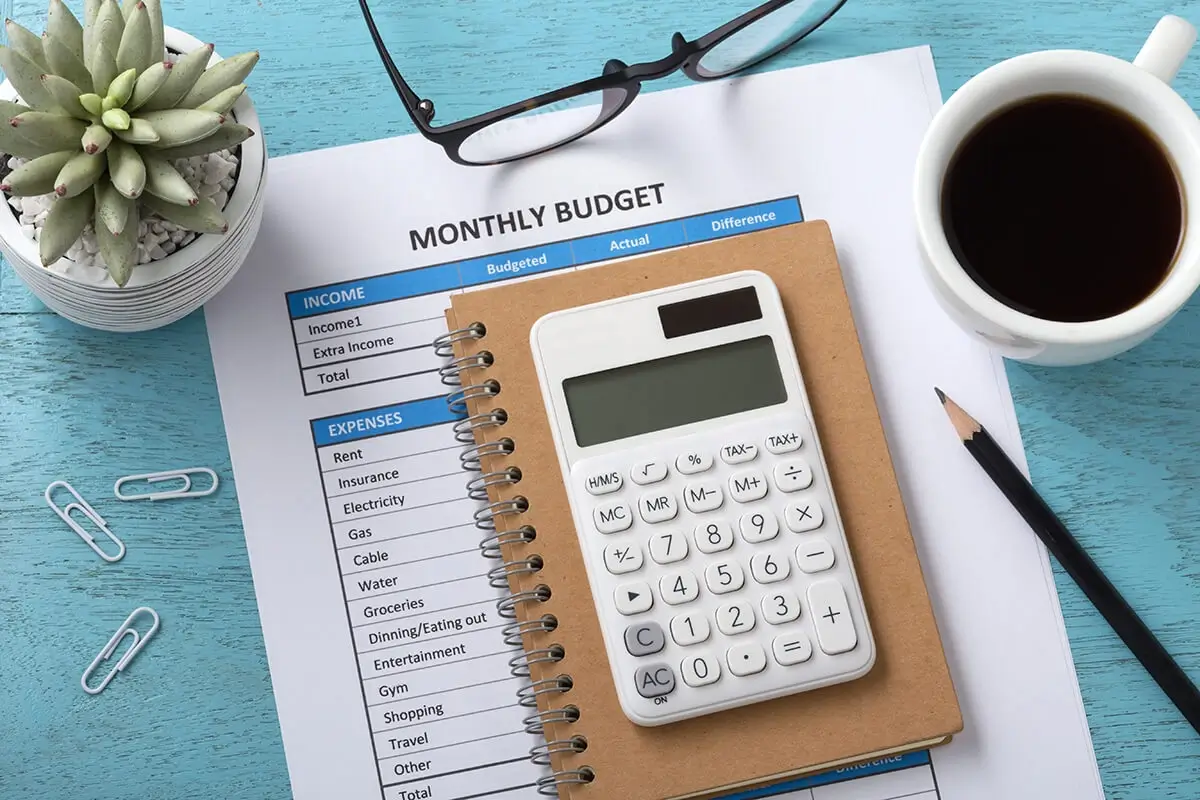How far your business goes all depends on your budget and goals. With unrealistic and unattainable budgets and goals, your business will struggle to take that next step toward growth. By implementing a smart strategic budget for your business, you can better achieve your goals while remaining profitable every step of the way. Intentional Accounting will give you tips on how to plan out a smart budget for your small business!
Understanding the Importance of a Realistic Budget
Understanding the importance of a realistic budget is crucial for small businesses aiming to thrive in a competitive landscape. A well-crafted budget not only helps in tracking income and expenses but also provides a clear framework for making informed financial decisions. By setting realistic financial goals based on historical data and current market conditions, small business owners can better anticipate cash flow needs and avoid unnecessary debt. Additionally, a practical budget encourages disciplined spending, enabling businesses to allocate resources effectively for growth initiatives and operational stability. Ultimately, having a realistic budget empowers small businesses to navigate uncertainties with confidence, ensuring they remain resilient and poised for future success.
Assessing Your P&L Statement
Understanding your profit & loss statement is the best way to create a smart budget. While this can be daunting, knowing where your money is currently going is extremely important, or else you will be paying for things you don’t or no longer need. From this statement, you can decipher your current expenses and sales. This then translates into whether your business is profitable or not. From there, you can cut costs, increase your budget, or make other tweaks and adjustments to maximize your profitability. Your P&L statement should be your starting point when analyzing your current budget profits to create a new budget that better aligns with your business’s goals.
Setting Clear Financial Goals
Define Specific Objectives:Clearly outline what you want to achieve, such as increasing revenue or reducing expenses.
Make Goals Measurable:Establish metrics to track progress, such as percentage increases in sales or specific cost reductions.
Set Achievable Targets:Ensure goals are realistic based on your current financial situation and market conditions.
Align with Business Vision:Ensure financial goals support the overall mission and vision of your business.
Establish a Timeline:Set deadlines for achieving each goal to maintain focus and accountability.
Regularly Review and Adjust:Periodically assess progress and make necessary adjustments to stay on track.
Engage Your Team: Involve key stakeholders and employees in the goal-setting process to foster commitment and collaboration.
Contact Intentional Accounting for Accounting and Financial Help!
When it comes to managing your finances, having the right support can make all the difference. At Intentional Accounting, we specialize in providing tailored accounting and financial services designed to meet the unique needs of your business. Whether you’re looking for help with budgeting, tax preparation, or overall financial strategy, our team of experienced professionals is here to guide you every step of the way. With a focus on intentional growth and sustainable practices, we empower you to make informed decisions that drive success. Don’t navigate your financial journey alone—contact Intentional Accounting today to discover how we can help you achieve your goals!












